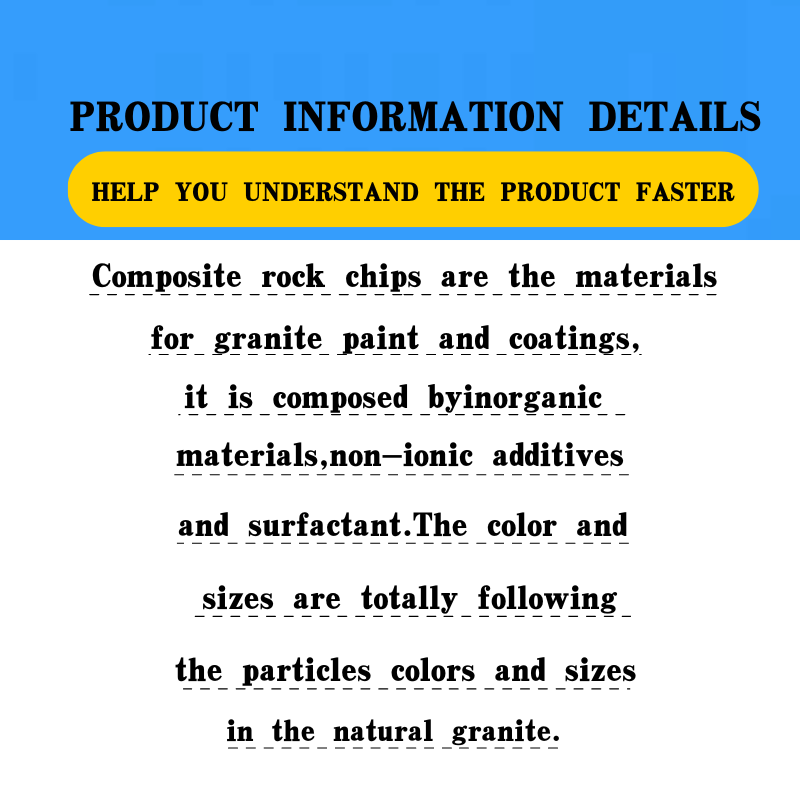
Custom Granular Activated Carbon Manufacturing for Diverse Industrial Applications
Custom Granular Activated Carbon Factories An Overview
Activated carbon, known for its exceptional adsorption properties, is widely used in various industries to purify air, water, and other substances. Among the different forms, granular activated carbon (GAC) is particularly favored due to its versatility and effectiveness. Custom granular activated carbon factories play a crucial role in producing tailored solutions that meet the specific needs of various applications, from environmental remediation to food processing.
The Importance of Customization
One of the primary advantages of custom GAC production is the ability to tailor the material's physical and chemical characteristics. Different applications require different specifications; for instance, water treatment processes may need activated carbon with a specific pore size or surface area to effectively remove contaminants. Similarly, industries involved in food production might require activated carbon that adheres to stringent food safety standards. By manufacturing customized GAC, factories can ensure that their products optimize performance for their intended applications.
Manufacturing Process
The production of granular activated carbon involves several key steps, beginning with the selection of raw materials. Common sources include coconut shells, coal, and wood, each providing distinct benefits. For example, coconut shell-derived GAC typically features a high surface area and is especially effective for fine adsorption, making it suitable for air purification applications.
Once the raw material is selected, the activation process begins. This typically involves two phases carbonization and activation. During carbonization, the raw material is heated in the absence of oxygen, which converts it into carbon. This is followed by activation, which can be carried out using either physical or chemical methods. Physical activation typically employs steam or carbon dioxide at high temperatures, while chemical activation involves impregnating the raw material with activating agents like phosphoric acid or potassium hydroxide prior to heating.
After activation, the product is crushed, sieved, and classified into specific granule sizes, depending on the intended use
. Custom factories can offer various grades of GAC by fine-tuning these parameters, ensuring optimal performance for diverse applications.Quality Assurance
custom granular activated carbon factories

In custom GAC factories, maintaining quality is paramount. Rigorous testing protocols are implemented to ensure that the produced carbon meets industry standards. Parameters such as surface area, pore volume, and adsorption efficiency are meticulously measured. The use of advanced analytical techniques, such as BET (Brunauer-Emmett-Teller) analysis for surface area determination and iodine number testing for adsorption capacity, are commonplace.
Moreover, many factories adhere to international standards, such as ISO certifications, to guarantee the quality and safety of their products. Quality assurance not only helps in meeting regulatory requirements but also builds customer trust and enhances market reputation.
Applications of Custom Granular Activated Carbon
The applications for custom GAC are vast and varied, spanning multiple sectors
1. Water Treatment GAC is essential for removing pollutants, organics, and taste and odor compounds from drinking water and wastewater. 2. Air Purification In air filtration systems, custom GAC helps capture volatile organic compounds (VOCs), odors, and other harmful gases, improving indoor air quality. 3. Industrial Processes Many industries, including pharmaceutical and chemical manufacturing, utilize GAC to refine products and reduce contaminants. 4. Food and Beverage Activated carbon plays a critical role in decolorizing and purifying food products, ensuring compliance with safety standards.
The Future of Custom GAC Production
As environmental concerns continue to rise, the demand for efficient and sustainable filtration solutions is increasing. Custom GAC factories are positioned to lead innovation in this field, developing advanced materials that enhance performance while minimizing environmental impact. This includes exploring sustainable raw materials and eco-friendly production methods.
In conclusion, custom granular activated carbon factories are vital in providing high-quality, tailored solutions that cater to a variety of industrial needs. By focusing on customization, quality assurance, and innovative practices, these factories not only meet current market demands but also pave the way for a more sustainable and effective approach to filtration and purification. As industries evolve, the importance of finely tuned activated carbon solutions will only continue to grow, solidifying the role of these specialized factories in the global marketplace.
Share
-
Natural Premium Bentonite Cat Litter - Superior ClumpingNewsJul.31,2025
-
Premium Resin Coated Sand - High Heat Resistance CastingNewsJul.31,2025
-
High Quality Silicon Carbide Grit for Abrasive ApplicationsNewsJul.30,2025
-
High-Quality Ceramsite for Plants & Gardening | Lightweight PebblesNewsJul.29,2025
-
Premium Burgundy Glass Marbles for Vases & Shooter GamesNewsJul.29,2025
-
High Purity Quartz Sand for Industrial and Ground ApplicationsNewsJul.29,2025






